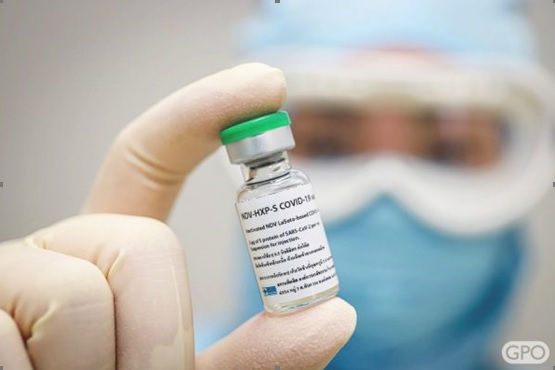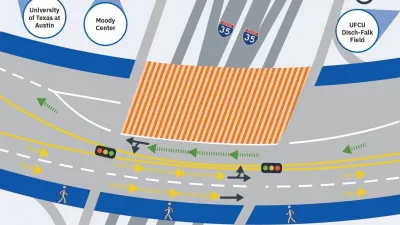In what could be a major boost to efforts to combat COVID-19 globally, a vaccine that recently entered human trials in Vietnam and Thailand, and is slated for a clinical study in Brazil, holds promise for affordable vaccine manufacturing in countries currently dependent on imported vaccines. The vaccine is the result of a partnership between The University of Texas at Austin, the Icahn School of Medicine at Mount Sinai in New York and global partners interested in advancing the supply of affordable vaccines to address the pandemic.
The vaccine, NDV-HXP-S, can be stored at 2-8 degrees Celsius and is made in eggs, a method also used for flu vaccine manufacturing. These factors mean that affordable manufacturing capacity already exists in each of the countries involved with trials, UT officials say.
“My team and I are thrilled that our second-generation stabilized spike protein is part of this vaccine,” said Jason McLellan, an associate professor of molecular biosciences who co-developed HexaPro, having previously helped develop the spike protein now in use in all of the COVID-19 vaccines U.S. residents are receiving. “Our hope is that the vaccine will be safe, efficacious and affordable, allowing more people around the world to have protection against COVID-19.”
NDV-HXP-S is produced using the same method that has been used for influenza vaccines since the 1950s, which is said to be faster, cheaper, and less complicated than the methods used to produce several leading COVID-19 vaccines.





